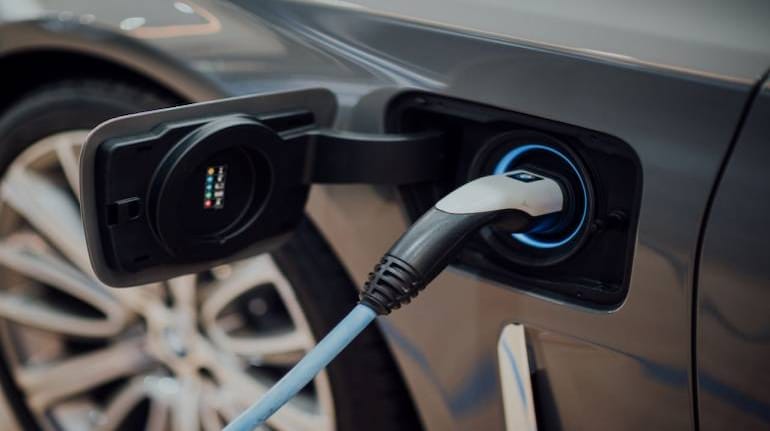

Centre announced plans to have at least one charging kiosk at each of the 69,000 odd operational fuel pumps in India. This could be one of the largest of its kind roll out of EV charging initiative in the world. But will it work? We try to find out the answer to that question is today’s weekend wrap. But first here is the complete look at what else made headlines during the week
Motherson Sumi chasing multiple buyouts
Motherson Sumi, India’s biggest auto-component manufacturer, is pursuing multiple buyout deals, some of which will be made public in the final quarter of the year, top company officials said.
The buyouts are a part of the company’s vision of tripling revenues by FY25 to $36 billion from $12 billion under the Vision 2025 plan.
Triumph starts booking for Trident 660
British premium motorcycle maker Triumph Motorcycles on Tuesday said it has commenced bookings for its upcoming roadster motorcycle Trident 660 across its dealerships in India.
The 660cc bike, which will be the newest addition to the roadster line-up in the country, can be booked with an initial amount of Rs 50,000, the company said in a statement.
Half of Toyota’s sales safe from the lockout
Both of Toyota’s plants in India, at Bidadi, Karnataka, produce only half of whatever the company manages to sell from its dealerships. On November 24, Toyota Kirloskar Motor (TKM) announced a lockout for the second time at both of its plants.
Nearly half of Toyota’s volumes are safe as 50 percent of its production is outsourced to Suzuki Motor Corporation (SMC), the parent company of Maruti Suzuki India (MSIL)
SC dismisses VW’s plea
The Supreme Court Thursday dismissed a plea by Skoda Auto Volkswagen India challenging an FIR registered in Uttar Pradesh by a customer over the alleged use of cheat device in its diesel car by the company to manipulate emission norms.
A bench of Chief Justice S A Bobde and Justices A S Bopanna and V Ramasubramanian pronounced the verdict and dismissed the plea by the German car maker.
Maruti Chairman speaks about NCAP crash tests
Maruti Suzuki Chairman RC Bhargava has asked whether car companies should follow the norms prescribed by the government or some private agency when it comes to crash tests.
Speaking to Moneycontrol on Thursday, Bhargava said: “What should be the parameter (of the tests)? The one that is defined by the government or those prescribed by some private agency?”
Charging up 69,000 petrol pumps
The government is planning to set up at least one electric vehicle charging kiosk at the 69,000-odd petrol pumps across the country in the hope to give EV sales another nudge. This could be in addition to the plans of setting up 1,500 charging stations on 25 expressways and highways.
But experts say that having an EV charging point at a busy petrol pump may not be the best of ideas. The average time to fast charge an electric car at least up to 80 percent takes a minimum of 1 hour. But in a slow charger the process takes 3-4 hours, whereas the most basic charger will take 10-12 hours.
Cities have a heavy concentration of petrol pumps which on any given day buzz with activity. While the process to fill petrol or diesel takes around 10-15 minutes at any of the city or highway fuel stations, the waiting period is less than 5 minutes at other non-busy locations.
“Charging EVs at fuel stations will block the charging stations for long durations. This will result in long queues of vehicles thereby resulting in traffic jams”, said a market watcher.
“Unless the government allows for swapping of batteries in cars like it has in two and three-wheelers there will be no development of the EV market in India”, said another executive who has been involved in setting up charging stations.
Battery swapping will cost slightly more time than a car filling up fuel. The process involves replacement of drained out batteries with fully charged ones. In most likelihood the entire process could be automated thereby reducing the chances of errors and accidents.
The government has allowed two and three-wheelers to be registered without their batteries. Such vehicles come with detachable batteries which allow the user to remove the batteries and charge them independently like a cell phone.

Discover the latest business news, Sensex, and Nifty updates. Obtain Personal Finance insights, tax queries, and expert opinions on Moneycontrol or download the Moneycontrol App to stay updated!